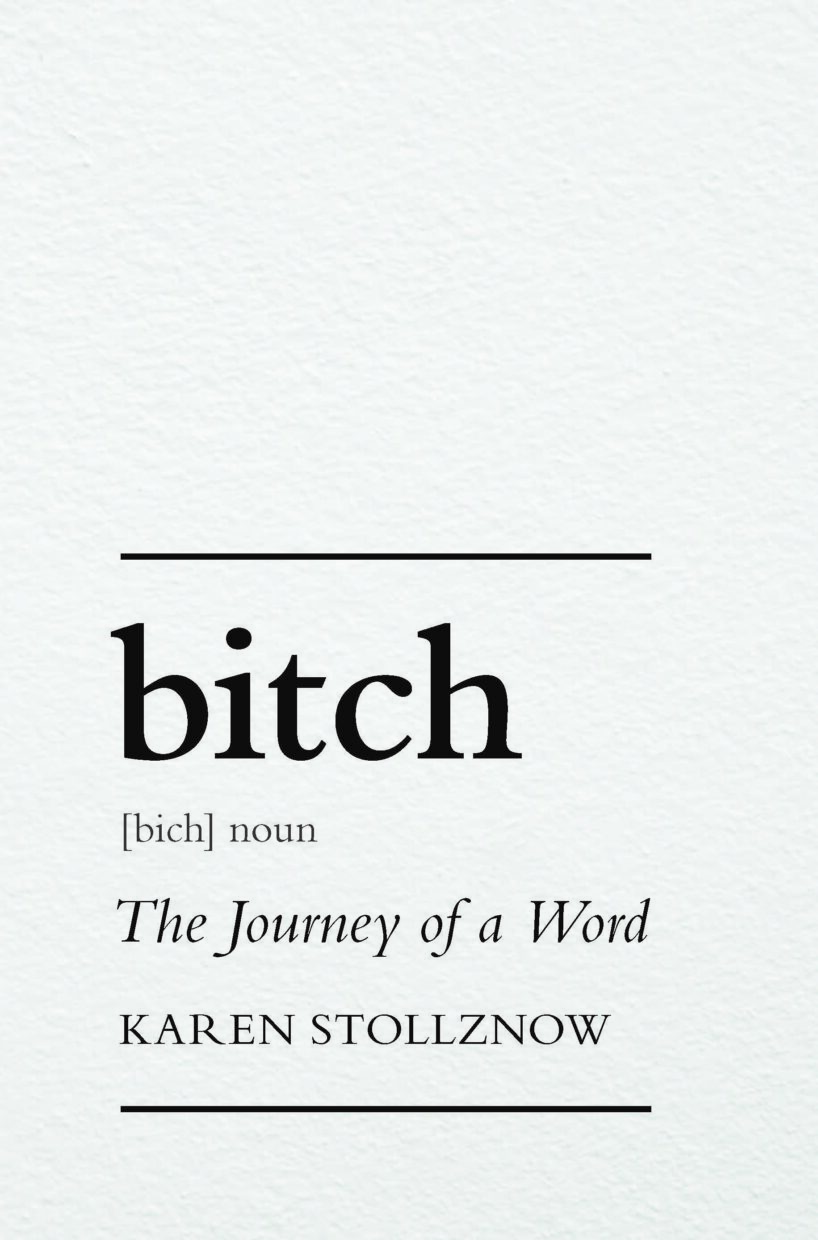George Carlin’s Seven Dirty Words (and one part-time dirty word)
In 1972, George Carlin took to the stage in Santa Monica, California, with a monologue that would become legendary: “Seven Words You Can Never Say on Television.” The “Seven Dirty Words” were p—, f—, c—, c———, m———–, and t—. (Apparently, they’re words you still can’t say, even on blogs.) Carlin’s routine was a comedic tour de force and a razor-sharp critique of censorship, social norms, and the futility of banning words.
These weren’t random obscenities plucked from thin air. Carlin’s list was partly theatrical and partly inspired by the pioneering (and persecuted) comedian Lenny Bruce, whose own “nine dirty words” routine had landed him in handcuffs and out of venues. Carlin’s act met similar resistance, including an arrest for “disturbing the peace” and a landmark Supreme Court case that affirmed the US Federal Communication Commission’s right to regulate “indecent” speech on public airwaves. That ruling carved out an uneasy compromise: protect free speech but also protect children and sensitive listeners.
In researching my book Bitch: The Journey of a Word, I discovered that Carlin had once considered adding bitch to this list. But he ended up dismissing it as only a “part-time dirty word,” permissible when used literally to describe a female dog, but potentially off-limits when hurled as an insult. Carlin noted that bitch is a shapeshifter, it’s perfectly acceptable in certain literal contexts, but crosses into profanity when deployed figuratively or abusively.
That kind of ambiguity is precisely what makes language so fascinating, and also so fraught. Bitch began life as a simple canine descriptor, but it quickly morphed into a gendered slur aimed at women deemed difficult, assertive, annoying, or otherwise inconvenient. Francis Grose, the eighteenth century lexicographer, famously called it “the most offensive appellation that can be given to a woman.” Its power lies in that volatility, a single word that can sting, shame, create solidarity, or stir debate, depending entirely on who’s saying it, how, and to whom.
This shifting status is a textbook example of how language defies neat moral categories. Words are not inherently “clean” or “dirty.” They’re judged by context, speaker intent, listener interpretation, and prevailing social taboos. Carlin’s notion of the “part-time dirty word” captures how we police linguistic boundaries, letting some words pass under certain conditions while slapping penalties on them in others.
Bitch also invites broader questions about censorship and the politics of speech. The FCC’s standards for indecency are still murky at best, defined vaguely by what is “grossly offensive” or a “nuisance.” This leaves everyone from comedians and broadcasters to audiences navigating an ever-shifting minefield. Meanwhile, other “part-time” profanities like literal cock (rooster), ball (sports), prick (to pierce), or ass (donkey) get a linguistic hall pass, until they don’t.
There’s a distinctly gendered dimension to all this. Unlike many male-oriented slurs, bitch carries a potent cocktail of sexism and control, that’s used to police women’s tone, behavior, and ambition. It can belittle or silence, but in some instances it can also be reclaimed.
And reclaim it, many have. Across music, pop culture, and feminist discourse, bitch has taken on new meanings, such as the “bad bitch” who owns her power, or the term of endearment exchanged between friends. Reclamation is never simple, but it’s a deliberate act of flipping the script and seizing control of language that once excluded or demeaned.
Carlin’s routine, however irreverent, raised questions that remain unsettled. The “dirty words” are, by and large, still dirty. And the ones he left off the list, like bitch, continue to evolve, challenging our assumptions about what words mean, who they hurt, and who gets to decide.
This complex and often contentious story is explored in Bitch: The Journey of a Word, where I trace the word’s path from the kennel to the culture wars, and reveal what it can teach us about language, gender, and power.
Dr. Karen Stollznow is the author of On the Offensive: Prejudice in Language Past and Present, and her latest book is Bitch: The Journey of a Word.








Great article! Makes me want to read both Bitch and On The Offensive. I love Monster Talk and Have one of Karen’s books that I really like called Would You Believe It, but it’s a collection of stories about their paranormal experiences as told by skeptics. So she was mostly an editor of those writings. This article gives a taste of what an excellent writer she is and I’m going to order these books soon.
The Carlin routine is an all time classic and is just brilliant!